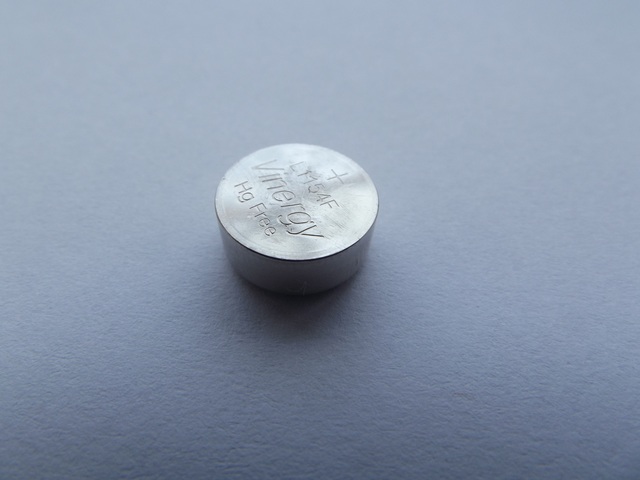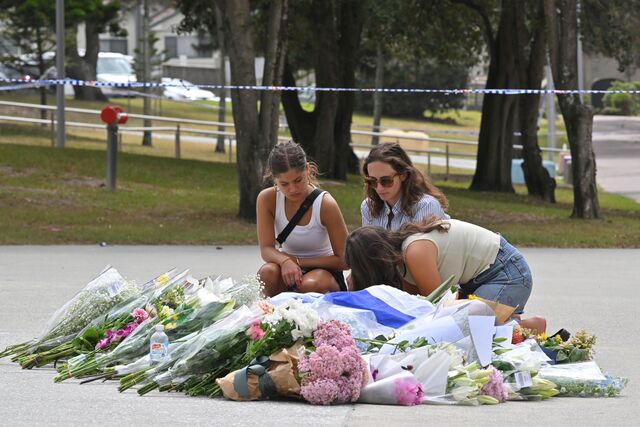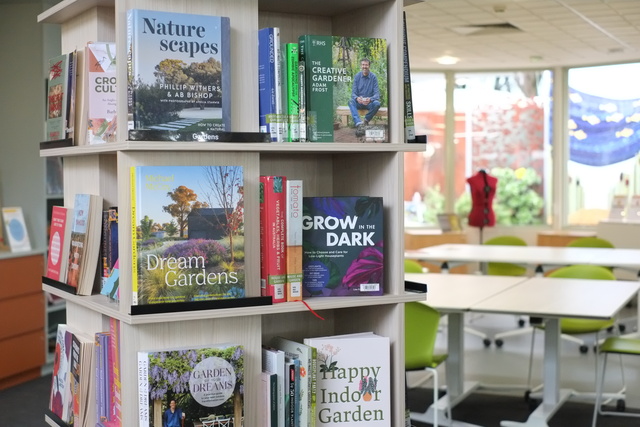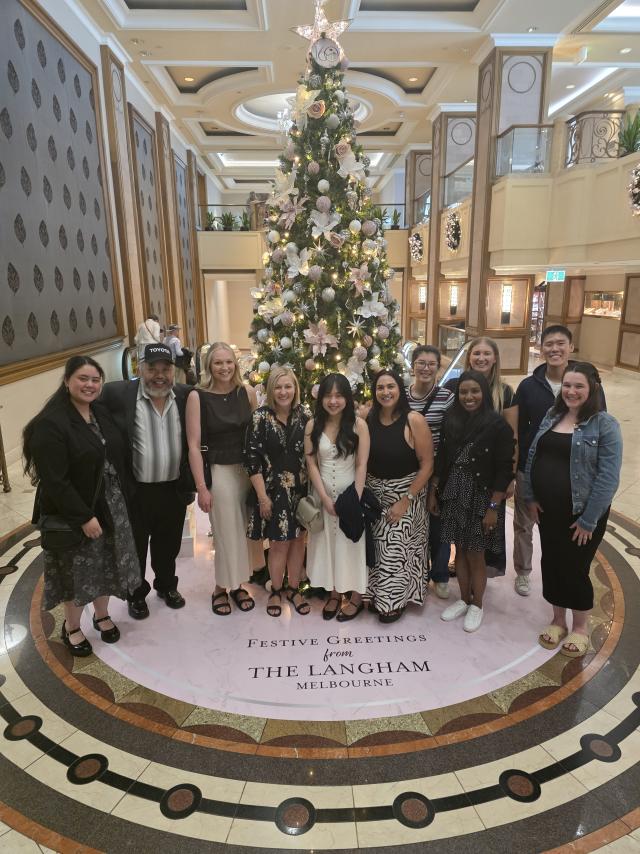By KATH GANNAWAY
ANTHONY McAleer’s interest in military history started as a kid watching The Sullivans.
He got involved with the RSL when he helped put memorabilia together for Lilydale Sub-Branch some years ago, and is the ‘go to’ man at Mount Evelyn RSL for military information and stories.
He has written several local military history books and his research has given him not only knowledge but insight into war and what Anzac has come to mean to the thousands upon thousands who now attend services each year.
Anzac Day, as it is now known, is a very recent sort of event, he said.
“When we were growing up it was not a community event; it was a reunion for old soldiers, and lots of families hated it,” he said.
“Dad would go off, meet up with old mates, get depressed, go on the drink and it was, for many, a horrible time for the family.
That observation ties in with the fact that many returned soldiers suffered greatly from their war-time experiences – alcoholism, depression, post-traumatic-stress syndrome were not only not treated, but not recognised.
“It’s only in recent times that it’s taken on a community aspect where we get together, pay tribute, give acknowledgement and talk about the unique aspects of what Anzac Day is all about,” he said.
So, did Gallipoli shape the nation?
McAleer said that in hindsight, he’s not sure.
“Certainly they believed they were putting Australia on the map and achieving something in the eyes of the world,” he said.
“That sort of attitude was very much part of the attitude of Australia at the time.
“It was the first time on the world stage and the first time they had a chance to show what they were made of.”
McAleer said it wasn’t about victory… and it still isn’t.
“It was more to do with the attitude of the fellows on Gallipoli being against the odds, to endure, to show initiative, to hang on, to not let their mates down.
“These were the attitudes of the pioneers and they were all in recent memory.
“They were the attitudes they held dear, with the sense of humour and larrikinism.
“Those characteristics are still held dear, whether we lost or won,” he said citing the great battles – Gallipoli, the Western Front, Kokoda, Tobruk, Kapyong, Long Tan.
“Some we won, some we didn’t… in all those instances, we were against the odds, we endured, we held on and didn’t let our mates down.
“America looks to victory, England looks to sacrifice, for us it’s about those characteristics.”







